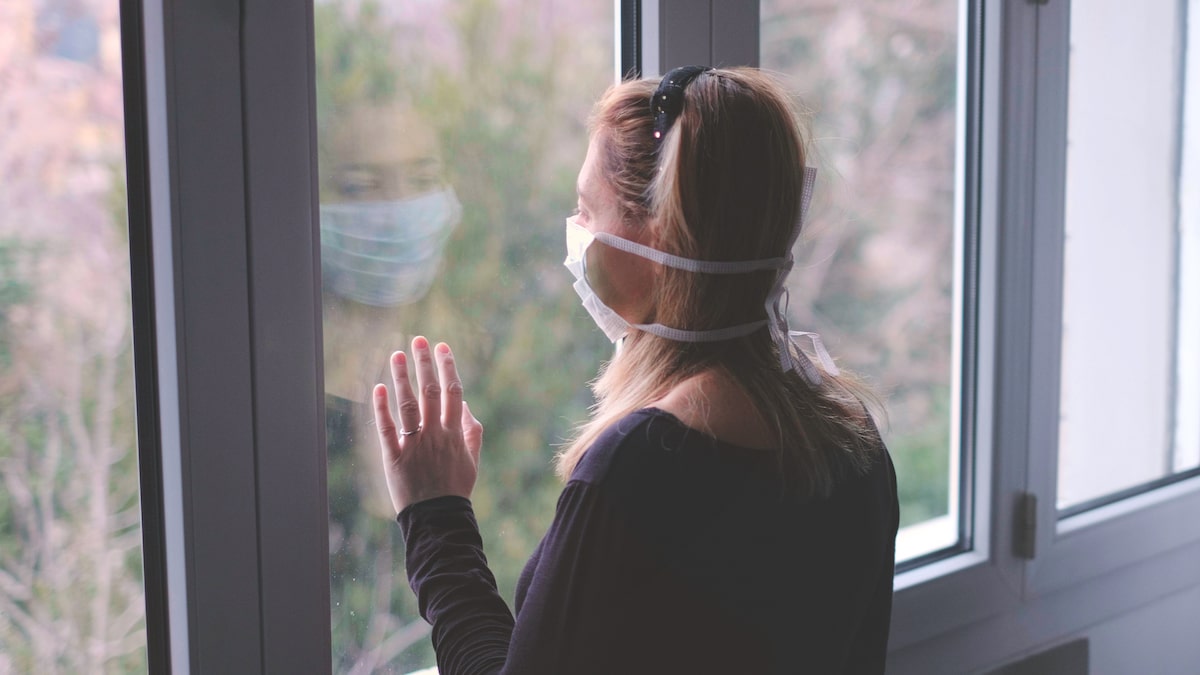<< Back
How to Make it Through The Toughest Days of COVID-19

August 04, 2020
By Amanda Brill
Licensed Clinical Social Worker
Hartford HealthCare Chase Family Movement Disorders Center
It’s entirely reasonable during a pandemic to feel more stressed, anxious, lonely and depressed than usual. Yet, despite the circumstances, some people seemed to be doing OK. Researchers wanted to know what they were or were not doing.
University of North Carolina at Chapel Hill researchers asked 600 American adults about their experiences and behavior the previous day and the answers reveal ways positive emotions can be cultivated as people spend more time apart (click here).
The researchers came up with the acronym MARCH:
- Minimize passive scrolling through social media. The researchers found that passive scrolling through social media feeds looking for updates is strongly linked to anxiety and other negative feelings.
- Accept negative emotion, or what they called “embracing the suck.”
- Really connect with people. Time spent interacting face-to-face or by voice or video call brought more positive emotions, whereas time spent in text-based interaction did not.
- Care for yourself. Exercising and self-care such as getting lost in a project, relaxing or spiritual activities like prayer and meditation bring positive emotions.
- Help others. Those who went out of their way to help other people reported feeling more positive than those who didn’t.
Science is showing that gratitude is also an important determinant of how good we feel psychologically and socially. It increases how much positive emotion we feel and decreases negative emotion.
A quote I often use when speaking about gratitude is: “Every day may not be good, but there is something good in every day.” Throughout this pandemic, finding the good small things in every day has helped me and those I help to make it through the toughest days.
For information on the Chase Family Movement Disorders Center, click here.
Not feeling well? Call your healthcare provider for guidance and try to avoid going directly to an emergency department or urgent care center, as this could increase the chances of the disease spreading.
Click here to schedule a virtual visit with a Hartford HealthCare-GoHealth Urgent Care provider.
Stay with Hartford HealthCare for everything you need to know about the coronavirus threat. Click here for information updated daily.
Questions? Call our 24-hour hotline (860.972.8100 or, toll-free, 833.621.0600).
Get text alerts by texting 31996 with MoreLife in the message field.